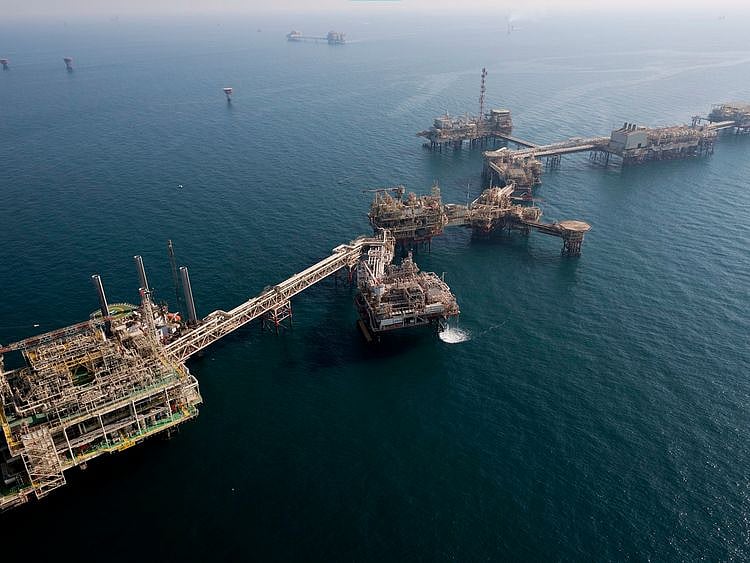Adnoc LNG signs supply agreements with BP and Total
Deals fill out Adnoc’s order books through Q1 2020 in LNG production

Abu Dhabi: Adnoc LNG on Tuesday announced that it has concluded supply agreements with subsidiaries of BP and Total, booking out the majority of its LNG production through the first quarter of 2022.
“With these new supply agreements, Adnoc LNG has shown that it can react quickly and decisively to changing market conditions while ensuring the security and quality of delivery,” said Adnoc LNG chief executive officer, Fatema Al Nuaimi. “With the support of our shareholders, we have maximised access to new markets with strong LNG growth potential,” she added.
“We have also successfully demonstrated our ability to shift from one customer to multiple customers while maintaining our plant’s high reliability and accepting ships from different customers at our jetty. We continue to deliver on time, with the right specification, quality and agreed amounts,” Al Nuaimi said.
Adnoc LNG currently produces about 6 million tons per annum of LNG from its facilities on Das Island off the coast of Abu Dhabi, supplying 90 per cent of its LNG molecules to a range of clients and receiving terminals in more than eight countries across southern and southeast Asia including India, China, South Korea and Taiwan.
Adnoc LNG is majority owned by Adnoc, which has a 70 per cent share of the company. Additional shareholders are Mitsui & Co (15%), BP (10%), and Total (5%).
LNG is the fastest-growing hydrocarbon with a growth rate close to four per cent per annum. Global LNG demand is expected to exceed 600 million tons per annum by 2035, up from nearly 300 million tons per annum in 2017.
Sign up for the Daily Briefing
Get the latest news and updates straight to your inbox
Network Links
GN StoreDownload our app
© Al Nisr Publishing LLC 2026. All rights reserved.